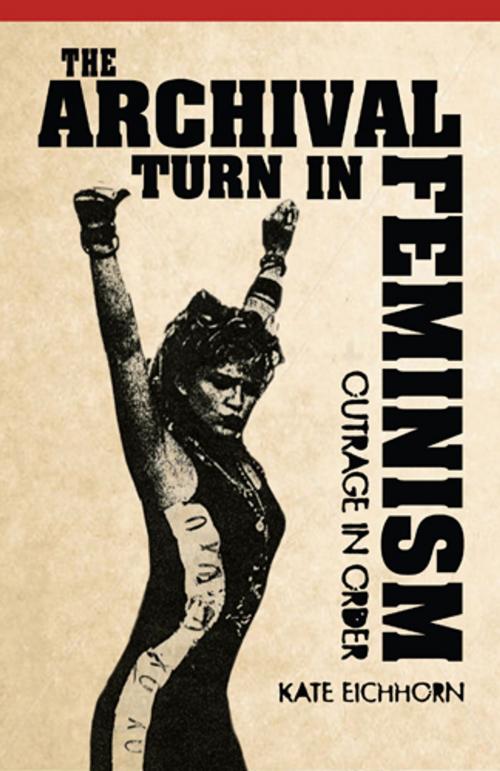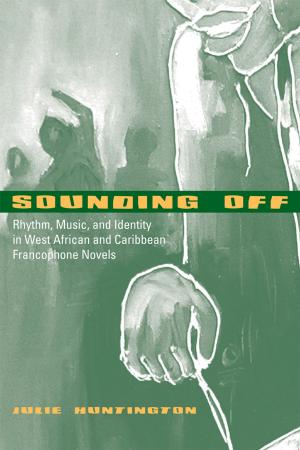The Archival Turn in Feminism
Outrage in Order
Nonfiction, Social & Cultural Studies, Social Science, Gender Studies, Feminism & Feminist Theory| Author: | Kate Eichhorn | ISBN: | 9781439909539 |
| Publisher: | Temple University Press | Publication: | July 26, 2013 |
| Imprint: | American Literatures Initiative | Language: | English |
| Author: | Kate Eichhorn |
| ISBN: | 9781439909539 |
| Publisher: | Temple University Press |
| Publication: | July 26, 2013 |
| Imprint: | American Literatures Initiative |
| Language: | English |
In the 1990s, a generation of women born during the rise of the second wave feminist movement plotted a revolution. These young activists funneled their outrage and energy into creating music, and zines using salvaged audio equipment and stolen time on copy machines. By 2000, the cultural artifacts of this movement had started to migrate from basements and storage units to community and university archives, establishing new sites of storytelling and political activism.
The Archival Turn in Feminism chronicles these important cultural artifacts and their collection, cataloging, preservation, and distribution. Cultural studies scholar Kate Eichhorn examines institutions such as the Sallie Bingham Center for Women’s History and Culture at Duke University, The Riot Grrrl Collection at New York University, and the Barnard Zine Library. She also profiles the archivists who have assembled these significant feminist collections.
Eichhorn shows why young feminist activists, cultural producers, and scholars embraced the archive, and how they used it to stage political alliances across eras and generations.
A volume in the American Literatures Initiative
In the 1990s, a generation of women born during the rise of the second wave feminist movement plotted a revolution. These young activists funneled their outrage and energy into creating music, and zines using salvaged audio equipment and stolen time on copy machines. By 2000, the cultural artifacts of this movement had started to migrate from basements and storage units to community and university archives, establishing new sites of storytelling and political activism.
The Archival Turn in Feminism chronicles these important cultural artifacts and their collection, cataloging, preservation, and distribution. Cultural studies scholar Kate Eichhorn examines institutions such as the Sallie Bingham Center for Women’s History and Culture at Duke University, The Riot Grrrl Collection at New York University, and the Barnard Zine Library. She also profiles the archivists who have assembled these significant feminist collections.
Eichhorn shows why young feminist activists, cultural producers, and scholars embraced the archive, and how they used it to stage political alliances across eras and generations.
A volume in the American Literatures Initiative















